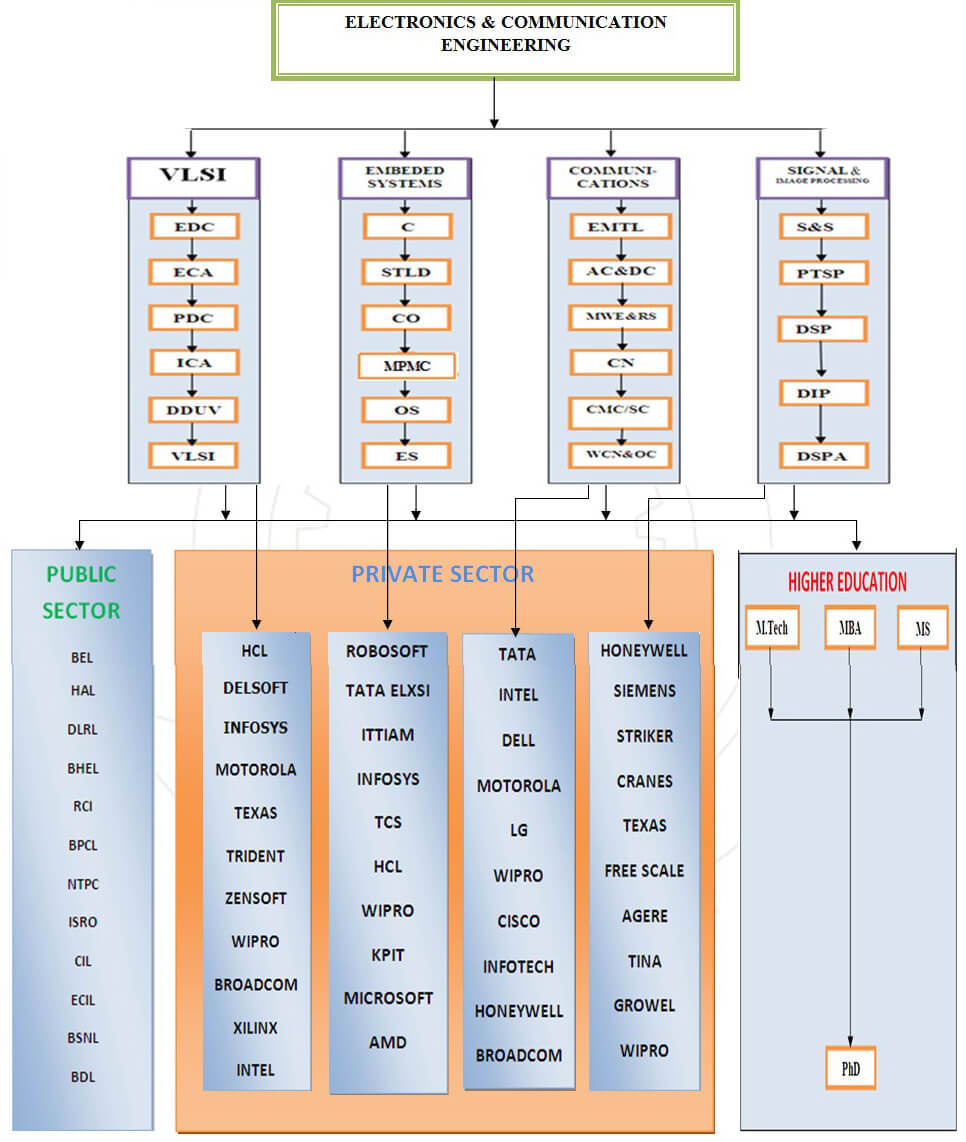Electronics & Communication Engineering Department
Department Introduction
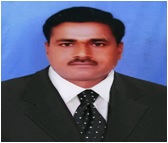
Head of the Department
Contact: 9866003091
Email: hodece@induriet.edu.in
Department of Electronics and Communications Dept. was established from the inception of the institute in the year 2001. The Department has always been on a high growth path and has experienced, qualified and dedicated faculty with strong commitment towards engineering education who work with zeal and enthusiasm to provide a vibrant and optimum learning environment to the students in order to help them excel in today?s competitive environment.
What we have
To keep pace with the current technological trends, the department has well equipped and advanced laboratories such as EDC lab, BS lab, EC&PC lab, IC&HDL lab, AC lab, DSP lab, MPMC lab, ECAD&VLSI lab, MW&DC lab and VLSI research lab etc to incorporate all advancements in existing and emerging technologies.
The programme educational objectives of the B.Tech. in Electronics and Communications Engineering (ECE) programme are given below and are numbered from P1 to P5.
PEO 1.Preparation: To enable students to rise up to the challenges as an Electronics or Communication Engineer with Zeal An engineer will face numerous challenges of different types and requiring broad based knowledge, mental adaptability, willingness to experiment and to inculcate learning from different disciplines and callings in order to find effective solutions. These abilities must be inculcated and honed in students.
PEO 2.Core Competence: Possess a strong foundation of knowledge and the ability to apply the same as well as to learn, stretch the limits of his knowledge and that of his team. Knowledge of his domain and its appropriate application in the technical and social context of the problem are essential pre-requisites to being a successful engineer.
PEO 3.Breadth: Possess knowledge of related domains and disciplines to co-engineer multi-disciplinary solutions. Besides knowledge of his own domain, an engineer needs adequate knowledge of related disciplines to comprehend their applicability and interaction with his own domain to enable effective participation in multi-disciplinary projects. In addition, a broad awareness of the technical, economic, social and environmental dimensions is also essential.
PEO 4.Professionalism: Professional behav ior based on a strong set of personal v alues and based on the appropriate ethical model are essential for a successful professional career. To inculcate in students professional and ethical attitude, effective communication skills, teamwork skills, multidisciplinary approach, entrepreneurship and an ability to provide solutions that are optimal in the broader social context.
PEO 5.Learning Environment: Possess an attitude of life long learning to adapt to changes in technology as well as in the env ironment. Learning is essential to professional growth and development and an attitude of life long learning must be inculcated. It is essential to provide students with a student centric learning environment that takes care of individual needs of the students and make them aware of excellence, leadership combined with good ethics and guidelines that ultimately lead to life-long learning needed for a successful professional career in computer science and its related fields.
The programme educational objectives of the B.Tech. in Electronics and Communications Engineering (ECE) programme are given below and are numbered from P1 to P5.
PEO 1.Preparation: To enable students to rise up to the challenges as an Electronics or Communication Engineer with Zeal An engineer will face numerous challenges of different types and requiring broad based knowledge, mental adaptability, willingness to experiment and to inculcate learning from different disciplines and callings in order to find effective solutions. These abilities must be inculcated and honed in students.
PEO 2.Core Competence: Possess a strong foundation of knowledge and the ability to apply the same as well as to learn, stretch the limits of his knowledge and that of his team. Knowledge of his domain and its appropriate application in the technical and social context of the problem are essential pre-requisites to being a successful engineer.
PEO 3.Breadth: Possess knowledge of related domains and disciplines to co-engineer multi-disciplinary solutions. Besides knowledge of his own domain, an engineer needs adequate knowledge of related disciplines to comprehend their applicability and interaction with his own domain to enable effective participation in multi-disciplinary projects. In addition, a broad awareness of the technical, economic, social and environmental dimensions is also essential.
PEO 4.Professionalism: Professional behav ior based on a strong set of personal v alues and based on the appropriate ethical model are essential for a successful professional career. To inculcate in students professional and ethical attitude, effective communication skills, teamwork skills, multidisciplinary approach, entrepreneurship and an ability to provide solutions that are optimal in the broader social context.
PEO 5.Learning Environment: Possess an attitude of life long learning to adapt to changes in technology as well as in the env ironment. Learning is essential to professional growth and development and an attitude of life long learning must be inculcated. It is essential to provide students with a student centric learning environment that takes care of individual needs of the students and make them aware of excellence, leadership combined with good ethics and guidelines that ultimately lead to life-long learning needed for a successful professional career in computer science and its related fields.

HOD, Professor
M.Tech, Ph.D

Professor
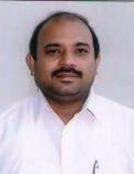
Associate Professor
M.Tech
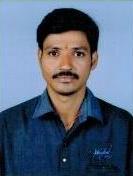
Assistant Professor
M.Tech
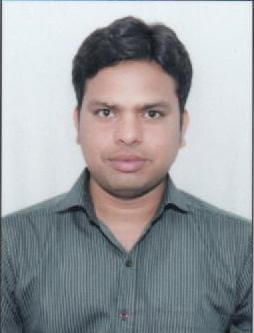
Assistant Professor
M.Tech
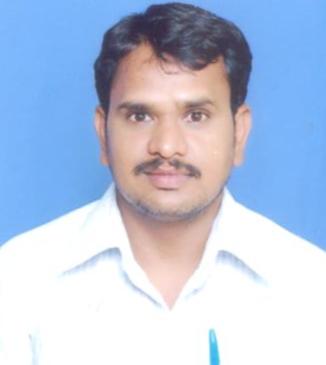
Assistant Professor
M.Tech
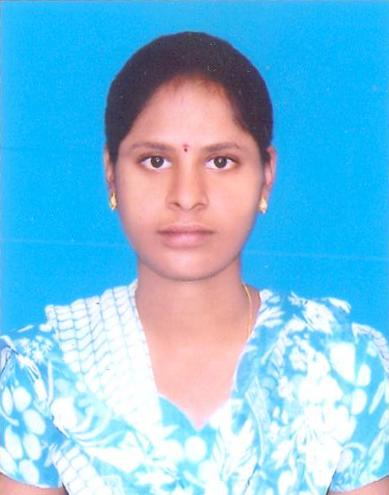
Assistant Professor
M.Tech
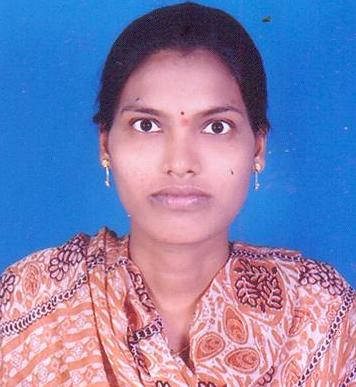
Assistant Professor
M.Tech

Assistant Professor
M.Tech

Assistant Professor
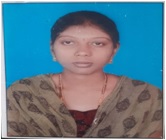
Assistant Professor
M.Tech
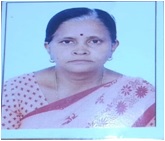
Assistant Professor
M.Tech
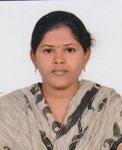
Assistant Professor
M.Tech





